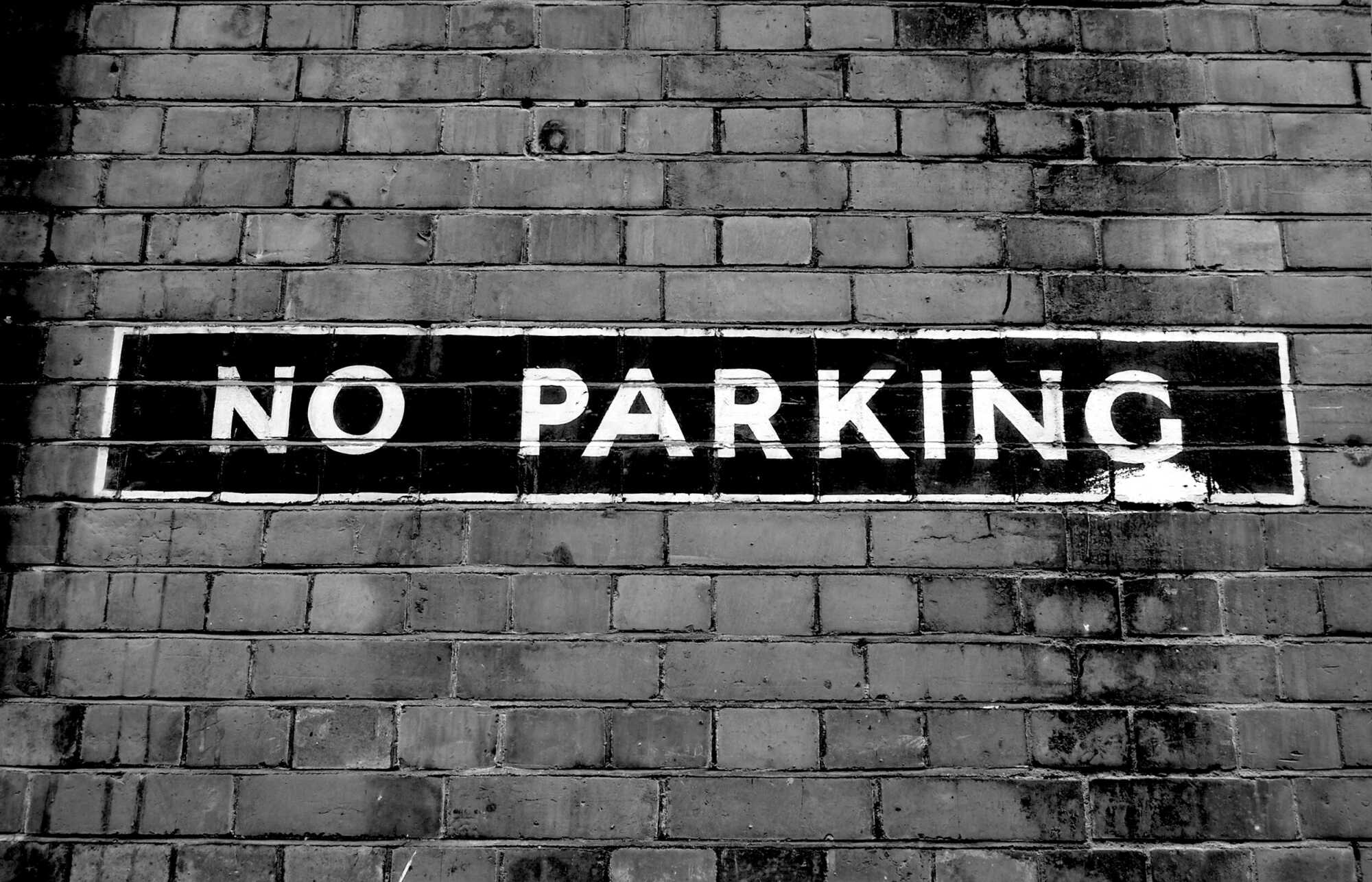The right to park a car - restrictions on parking in residential developments
23rd March 2018
Get in touch today
Call 01435 897297
Email info@kdllaw.com
23rd March 2018

We live in an age in which most households have at least one vehicle, if not more, so it is no surprise that parking is one of the most common causes of friction between neighbours.
Restrictive covenants controlling parking
It is increasingly common for housebuilders to impose restrictions on parking in new leases or transfers of freehold units, limiting where residents can park and what types of vehicles can park on the developments. Residents may be limited to parking on private drives and dedicated parking spaces or in garages. A blanket ban may be imposed on commercial vehicles parking anywhere on the development. The justification for such restrictions is often said to be for the protection of the reputation, appearance and feel of the development, and to help maintain neighbourly relations.
Homeowners may find that, having used their savings to buy their dream home, they come unstuck when they discover their lease or transfer substantially restricts their ability to keep more than one car at their home or the tools of their trade - a commercial van.
Enforcement of restrictive covenants
Homeowners who park in breach of such restrictions may be subject to legal action by the party with the benefit of that covenant - often a management company responsible for maintaining the development or the freehold company in the case of flats. As well as an order that the resident complies with the restrictive covenant, an order for damages (eg compensation) may be made and, significantly, a bill for legal costs. Leasehold owners may also find themselves subject to possession action.
Whether or not the party with the benefit of the covenant will elect to enforce the covenant will generally depend on a number of factors, including the nature and severity of the breach, the nature and location of the development, and the feelings of the residents affected.
Delaying enforcement can, however, cause difficulties later on.
Where the restrictive covenant is no longer appropriate
A person with an interest in freehold and certain leasehold land can apply to the Lands Chamber of the Upper Tribunal for a restrictive covenant to be discharged or modified under section 84 of the Law of Property Act 1925.
Amongst other grounds, the Tribunal may vary the restriction or lift it entirely if it is satisfied that :-
The restriction is obsolete, for example due to changes in the character of the development over time. Whilst a previous relaxation of the restriction does not necessarily render it obsolete, that is certainly a factor that will be taken into account in determining whether or it is still relevant and serves the intended purpose; or
The proposed discharge or modification will not ‘injure’, eg cause loss to, the parties with the benefit of the restriction. Again, a previous relaxation or delay in enforcement is likely to be a relevant factor, although by no means fatal.
Applications under section 84 can apply to any covenants, including user covenants (eg requirements to use the premises as a residential dwelling and not to operate a business), sub-letting restrictions, prohibitions on pets, as well as parking restrictions.
Restrictive covenants should always be appropriate to the development in question and ideally actually enforced in order to limit the chances of a Tribunal later granting an application to discharge or modify the restriction, much to the distain of residents who may have bought their properties relying on those restrictions to control and limit the behaviour of their neighbours.
Whilst the Courts and Tribunal are generally reluctant to ‘un-pick’ the terms agreed between the contracting parties at the point of sale, section 84 is available where those terms are no longer appropriate.
A party seeking to enforce or to avoid compliance with restrictive covenants should always take specialist legal advice. We are happy to advise both from the perspective of enforcement and applications to discharge or modify current covenants.
For more information, please contact Kevin Lever, Solicitor, on 01435 897297 or kevin.lever@kdllaw.com.
Disclaimer
This Legal Update describes the position in law as at the date of this article and care should be taken to note any subsequent amendments to the position as set out above. The Legal Update is provided free of charge for information purposes only; it does not constitute legal advice and should not be relied on as such. No responsibility for the accuracy and/or correctness of the information and commentary set out in the article, or for any consequences of relying on it, is assumed or accepted by any member of KDL Law or by KDL Law as a whole.
If you have received this update in error or wish to unsubscribe from future updates then please email us at info@kdllaw.com.
Sign up to receive FREE regular Legal Updates by email